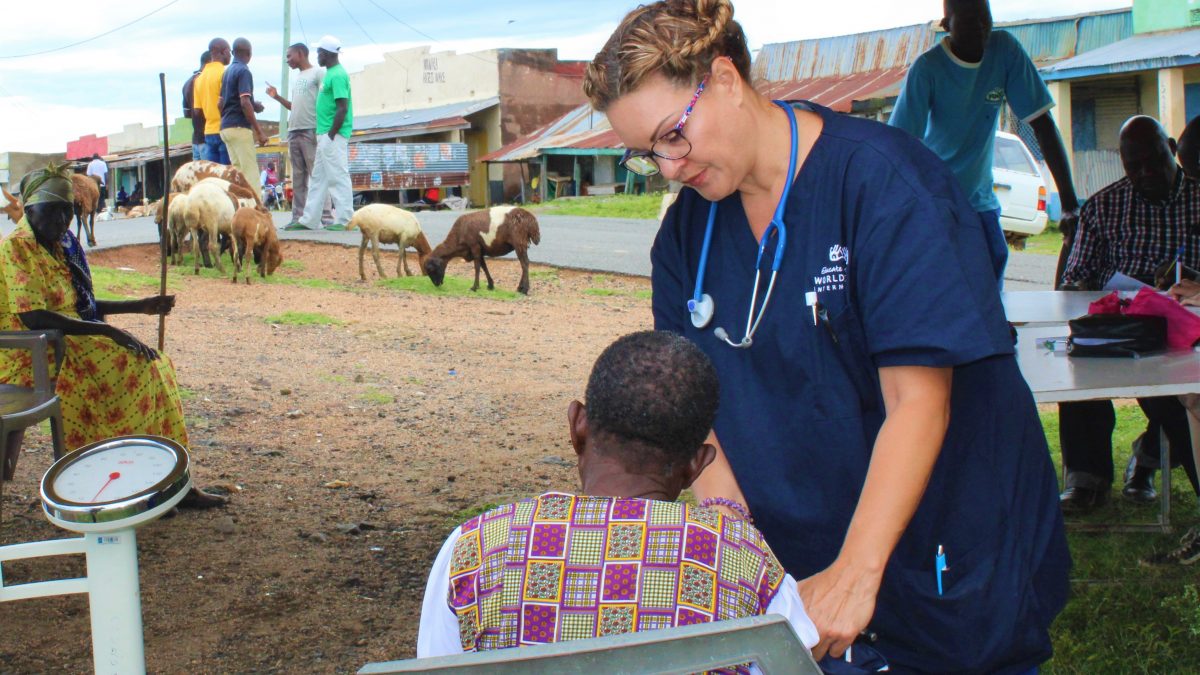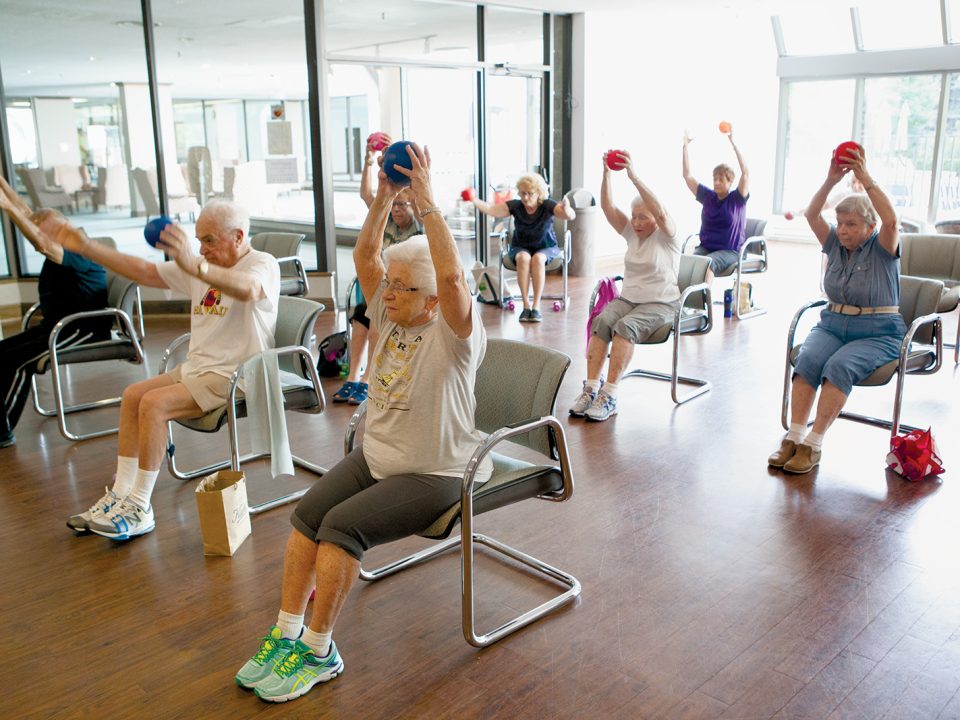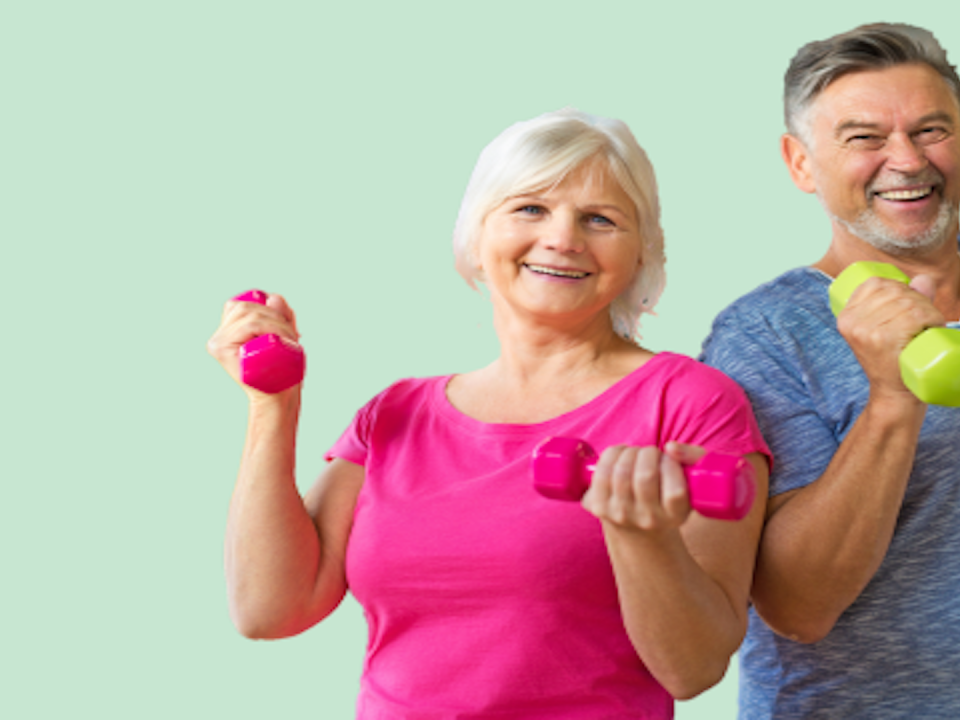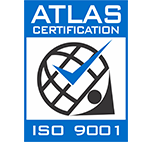
COVID-19 Update
March 13, 2020
Nursing as a Career
March 16, 2020How volunteering abroad can positively impact the life (and career) of health professionals

How volunteering abroad can positively impact the life (and career) of health professionals
Volunteering is not new to Australians. In fact, around 34% of our population spends time volunteering every year, collectively clocking around 700 million hours helping others.
Based on over 3 decades of working in the international volunteering space, and conversations with thousands of incredible volunteers over that time, World Youth International have identified 5 ways that volunteering could positively impact your life and career… and some of them might surprise you!
1. It can make you happier and increase your life satisfaction
The OECD Better Life Index states that volunteering can make you more satisfied with your life, because you’re interacting with other people, making friends and socialising, learning new skills or learning about new cultures, and even setting and achieving new goals for yourself.
Making the decision to volunteer overseas (or within your own country) is a bold step; it requires you to set a goal for yourself, perhaps take a step into the unknown, and to contribute your own time (and sometimes money) for the service of others. The rewards of doing so, however, can be much more beneficial to your personal life satisfaction than you might have expected.
2. It could help your career… and even earn you CPD hours
Volunteering is no doubt a selfless act to help others. However, there’s no reason why it can’t make a valuable addition to your resume!
“Every volunteer placement is an experience and is considered not just admirable from a philanthropic sense but also from a professional sense. If you are able to volunteer in a developing country it shows character, capability, resilience and motivation. These attributes stand out on a CV,” says Helen Zahos, Humanitarian Nurse & Paramedic, Nurses in Action Ambassador (World Youth International).
Seek, one of Australia’s most well-known job posting websites, says that 95% of employers they spoke to agreed that volunteering can be just as credible as paid work, and can add real experience and value to your resume. It can also be an advantage in interviews. Your history will show that you care about others and helping your wider community, it clearly demonstrates your values and personality traits, and it makes you more interesting for employers to talk to!
Katy Condliffe, who has played a crucial role in the launching and development of World Youth International’s Nurses In Action program, strongly believes that her experiences volunteering overseas have shaped her development as a leader within the sector, both overseas and back in Australia. She says that the experience of volunteering helped her to recognise what nurses and midwives are capable of and why they are leaders in their own right.
“World Youth International’s volunteering program was fundamental in developing my nursing leadership and acknowledging it. My volunteering experiences have helped me increase my confidence and enabled me to step into leadership roles whilst working back in Australia,” says Katy.
World Youth International’s Chairperson Georgie Evangelou, who has over 20 years experience in HR and recruitment, has seen first-hand how volunteering can change her career paths:
“Unique experiences always peak an employer’s interest. It provides some insight into the values and motivations of a person. Living in a different multi-cultural set up improves resilience, flexibility, creativity and problem solving. It generally provides a broader and more diverse perspective of nearly everything! Volunteering also helps to build professional networks that may help in the future job search. Most people I know in the international development sector began their work experience through some form of volunteering.”
Some volunteer experiences can even earn you Continuing Professional Development (CPD) hours! When joining World Youth International’s Nurses In Action program, health professionals, including nurses, may be able to claim their CPD training hours. This also makes fees and expenses associated with the volunteering placement a tax deduction. Nurses and midwives play a vital role in providing health services on a global scale. In their advocacy of International Year of the Nurse and Midwife, World Youth International aim to empower nurses through the Nurses In in Action program, where health professionals from Australia, New Zealand, Canada, USA and the UK have the opportunity to share knowledge and skills with local nurses within Kenyan and Nepali communities ensuring continued and increased access to specialised health, nutrition, and maternal care.
3. You’ll find your tribe
You may have heard talk about “Reverse Culture Shock”; the feeling of coming home after volunteering overseas, and feeling shocked to realise that you have changed dramatically as a result of your experience… but back home, everything is still the same.
This can be a difficult time, however it can also be an opportunity to realise that while you were volunteering overseas, usually in the company of a group, you may have found your “tribe”. These are the groups of people who deeply understand your experience, and with whom you have shared life-changing memories. Next time you meet those people, it will feel like no time has passed. Sometimes you need to leave your comfort zone to find the people you will be lifelong friends with.
“Over a decade after volunteering together in Kenya, I still consider some of my fellow volunteers to be lifelong and close friends. We’ve been to each other’s weddings, held each other’s babies, and had many, many catchups and dinners reminiscing about our time in Kenya together. I feel incredibly lucky to have found people that I truly share core values with,” says Katy, Registered Nurse and World Youth International Board Member.
4. You’ll take brave steps that you might never have expected of yourself
Travelling overseas to an unknown place can be scary. Putting yourself completely out of your comfort zone, perhaps showering with a bucket, eating completely different food, giving up your usual ‘luxuries’, and meeting new people can be an overwhelming experience.
You will also face challenging situations that you may not have expected, and need to learn how to overcome them. Delivering a baby in a rural village in Kenya with the help of torchlight during a blackout is a far cry from a team of birthing assistants working under strong lighting in a sterile delivery room in Sydney. Skilled and qualified health professionals may find that they need to be creative in order to work with far less technology and access to medical equipment and resources that they would normally use in Australian hospitals, which is what Jeneane Allen learnt while on her volunteering placement:
“I was placed in a Nepali Hospital’s emergency ward for 2 weeks. During that time, I was heartbroken by the environment compared to where I was used to working back home. The lack of workable equipment was mind-blowing; on one occurrence we needed to resuscitate a patient however the defibrillator wasn’t working. We often couldn’t escalate care due to the limitations of the available equipment. There was a particular devastating case where a baby was born via emergency c-section and needed incubation. The skills of the midwives on our team were invaluable, but without access to the proper NICU equipment the baby only made it through 48 hours before passing away. That same baby may have had a fighting chance of survival if it were born in an Australian hospital. Having worked in emergency for many years, I was able to adapt to these situations. It was crucial to debrief as a team afterwards, to talk it out together,” Jeneane Allen, Registered Nurse and Nurses In Action volunteer.
Challenging situations push our boundaries to what we thought we could do even further. We grow and develop by learning new skills and adapting to new and sometimes uncomfortable situations that are outside of our everyday lives.
5. You’ll find a new addiction
“When I arrived back from my first volunteer experience overseas, physically and emotionally exhausted but also full to the brim with new experiences and a deep love of exploring new places and cultures. I’d signed up to another volunteering placement when my plane had barely touched down”, says Sarah Owen, Registered Nurse and Nurses In Action volunteer.
Once we realise the benefits of volunteering, we can also find it’s an activity which can quickly become addictive. Helping others at home or abroad improves our lives as much as theirs, and finding meaningful work to do while travelling the world is a true privilege.
In World Youth International’s 30+ years of supporting Australians to travel internationally for meaningful volunteer placements, more than 3,800 volunteers have participated in World Youth International volunteer programs working in developing countries to provide basic needs such as education and healthcare.
However, World Youth International’s volunteers are not just Australian; volunteers have travelled from Canada, the U.S., South Africa and New Zealand. Most recently, the program has also opened up in UK, meaning there are more opportunities than ever to participate. Alongside international development projects such as Mama Ann’s Odede Community Health Centre in rural Kenya, which has treated over 50,000 patients living in extreme poverty since opening its doors in 2013, and the World Youth International School in Nepal, which graduates some of the country’s highest achieving students, World Youth International places skilled volunteers with rural communities to enhance the services these facilities are able to provide.
To learn more about an upcoming Nurses in Action volunteer program and how you can support and inspire positive change, click here.










